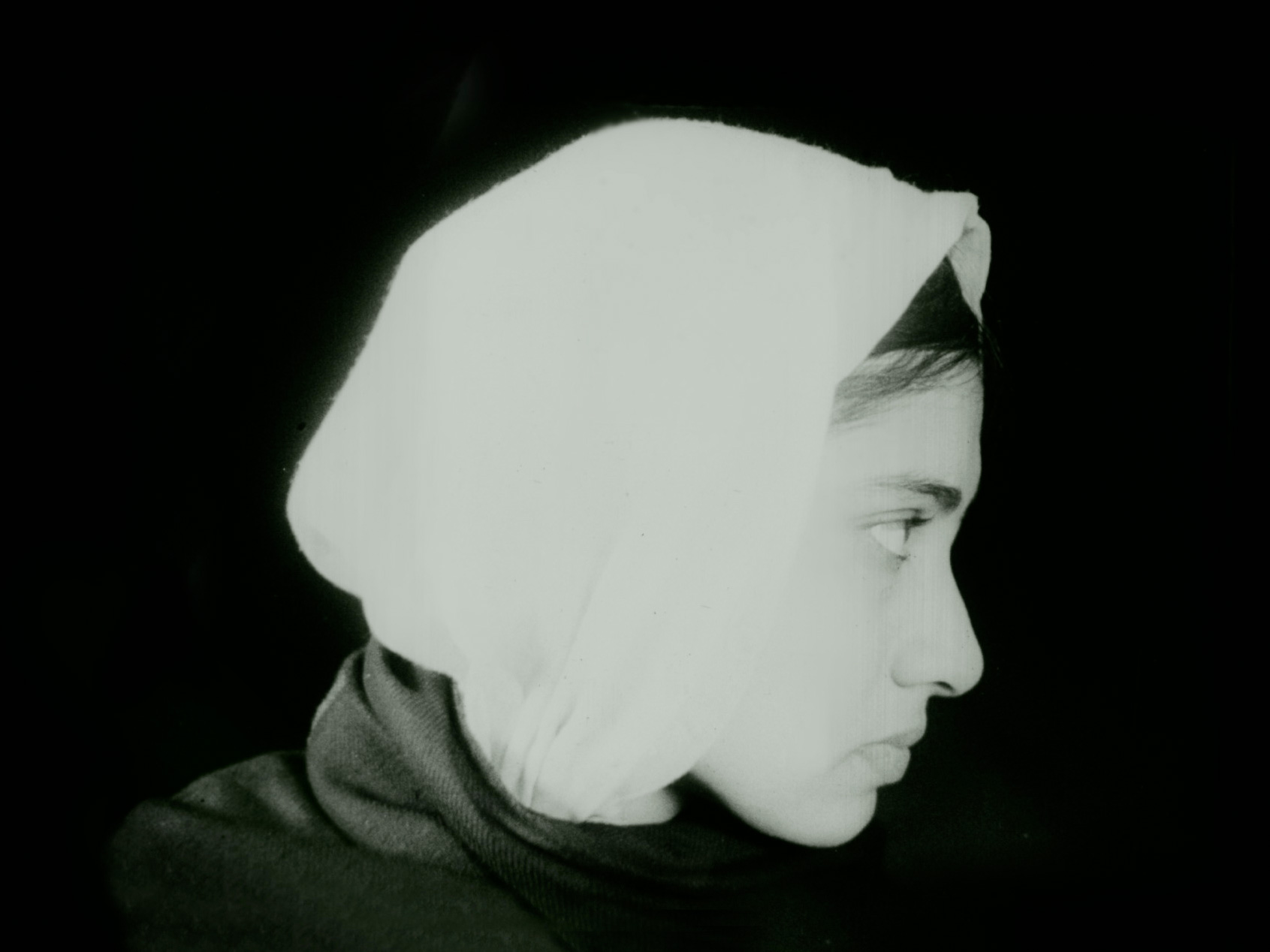01: Uski Roti (A Day’s Bread)
New digital Restoration by NFDC.
Courtisane is een platform voor film en audiovisuele kunsten. In de vorm van een jaarlijks festival, filmvertoningen, gesprekken en publicaties onderzoeken we de relaties tussen beeld en wereld, esthetiek en politiek, experiment en engagement.
Courtisane is a platform for film and audiovisual arts. Through a yearly festival, film screenings, talks and publications, we research the relations between image and world, aesthetics and politics, experiment and engagement.
New digital Restoration by NFDC.

Kaul’s great debut feature, based on a short story of the same name by Mohan Rakesh, portrays a Punjabi woman who waits at the bus stop every day to deliver roti to her driver husband, but is late one crucial day. The outer and inner lives of the woman are represented by way of two distinct camera lenses (a 28mm wide-angle deep-focus lens and a 135mm telephoto lens), whose uses are gradually reversed throughout the film. With its minimal action and its unusual compositions, inspired by the large canvases of the modernist painter Amrita Sher-Gil and shot by cinematographer K.K. Mahajan, Uski Roti represented a radical departure from the familiar cinematic norms, signaling the beginning of what came to be known as a “new wave” in Indian cinema.
“When I made Uski Roti, I wanted to completely destroy any semblance of a realistic development, so that I could construct the film almost in the manner of a painter. In fact, I’ve been a painter and a musician. You could make a painting where the brush stroke is completely subservient to the figure, which is what the narrative is, in a film. But you can also make a painting stroke by stroke so that both the figure and the strokes are equal. I constructed Uski Roti shot by shot, in this second way, so that the ‘figure’ of the narrative is almost not taking shape in realistic terms. All the cuts are delayed, though there is a preempting of the generally even rhythm sometimes, when the film is a projection of the woman’s fantasies.” (MK)
Hindi with English subtitles